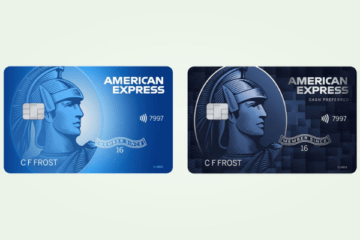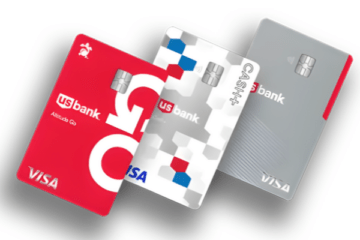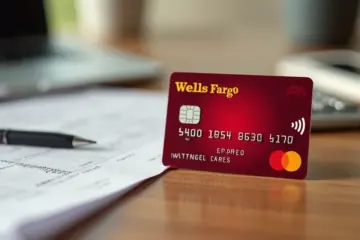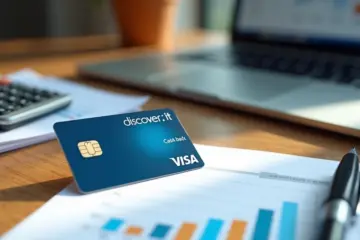How To Use Credit Cards Wisely: 10 Rules for 2025
Credit cards have changed a lot in the past years. More rewards. Better design. Mobile convenience. But dangers? They haven’t gone away. If anything, the world is making it easier to get into trouble while overspending, falling behind, or trusting that tomorrow’s paycheck will arrive just in time.
Advertisement
Wise credit card use doesn’t have to be complicated. It does take a few guardrails, though—the kind you’ll thank yourself for sticking to when the unexpected hits. Here are the ten rules for using credit cards in 2025. They’re practical. Sometimes obvious. But skipping even one can be costly.
Advertisement
1. know your true limit—the real one
Banks may show a glowing credit limit on your account. But your true, safe spending limit is likely far lower.
Just because the card says you can spend $5,000 doesn’t mean you should. If you ever look at your statement and feel a chill, it’s almost always because you went past the number you could actually pay back this month.
Anúncios
Strong limits are the foundation of safe spending.
Figure out what you can really afford each month, after basic bills and savings. That’s your private “limit.”
2. always pay the full balance, not the minimum
This might be the most common mistake—and the easiest to avoid. The minimum payment option can make things look affordable, but it’s a trap. When you do this even once, you open the door to interest charges. That door is very hard to close.
- If you pay the full balance? You usually pay zero interest.
- If you pay only the minimum? Your debt grows, often for years.
If money is tight, use cash until you’ve reset. But try not to carry over your balance. Not even once.
3. track every transaction—no matter how small
Coffee here. Late-night delivery there. A tiny subscription you signed up for months ago. These charges add up quicker than most people expect.
Keep a running log—app, notebook, or even an old spreadsheet. Some banking apps track this automatically, but it pays to check things yourself once a week. The feeling of control is hard to beat.
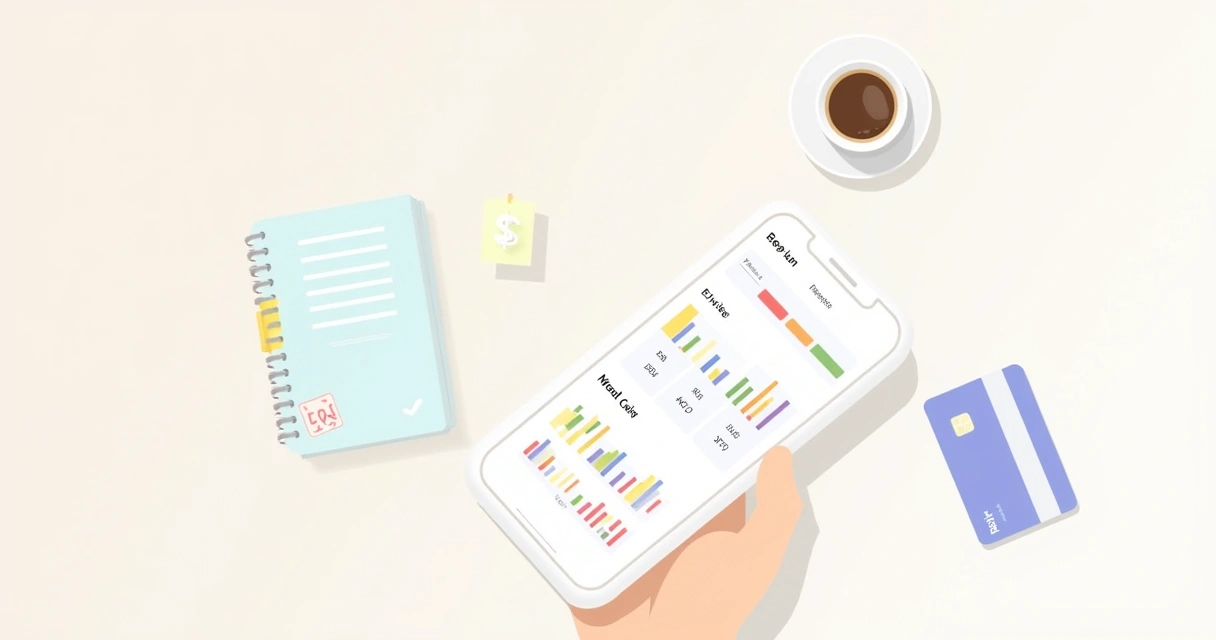
4. set up payment alerts and due dates that work for you
Late payments sting. You can lose your grace period, get charged a fee, and drop your credit score. Don’t risk it.
- Set a recurring reminder a few days before your bill is due.
- Pick a payment date that fits with your pay schedule.
- Consider automatic payments—but always make sure your checking account has enough to cover them.
Small reminders are sometimes all it takes to avoid big headaches.
5. don’t treat rewards like “free money”
It’s tempting, of course. You see that points balance go up and think: “Maybe I can splurge; after all, I’m earning cash back.”
Rewards never make up for reckless spending.
Use rewards for things you would have bought anyway, not as a reason to spend more. The companies behind those rewards? They’re counting on you to overspend for perks. Don’t let them win so easily.
6. avoid cash advances—almost always
Need cash? A credit card advance might look easy, but the costs are steep: instant fees, high interest, and no grace period. The moment you pull cash, the clock starts ticking. It’s rarely worth it unless you’re in a genuine emergency—and even then, there are usually better ways.
- If you find yourself reaching for cash advances often, it’s time to rethink your budget.
This is probably the tip people regret the most when they ignore it.
7. understand variable rates and fees
Interest rates rise and fall. Fees lurk where you least expect—foreign transactions, late payments, even reward redemption. Each card has different terms.
Before you sign up or swipe, skim the card agreement. Not every word—you’ll never get that hour back—but the table near the front tells you the basics. Know what’ll hurt if you ever slip.
Sometimes, the difference between two cards is just one small fee. Multiply it by a year, and it starts to matter.
8. protect your card data every day
Card theft isn’t rare. And now, with digital wallets, phone payments, and subscriptions all over the web, your card details float around more than ever. Here’s how to guard yourself:
- Keep your phone’s software updated
- Use unique passwords for every website
- Review your statements for odd charges
- Never share your card details over text or email
- Freeze your card if you’re suspicious—almost every bank lets you do this in their app now
I once caught a $7.99 charge months after a trip—someone testing if my card was active. Small, almost invisible, but it could have grown worse.
9. don’t carry more cards than you need
There’s a strange trend: people applying for every card they see online, thinking more cards equals more rewards. Sometimes, yes. But more often, those extra cards become distractions—or worse, liabilities.
- It’s easier to forget payment dates.
- Theft risks multiply.
- Your credit score can get dinged if you mismanage even one.
Try to pick one or two cards that match your lifestyle. Stick to those. You’ll find things much easier to manage.
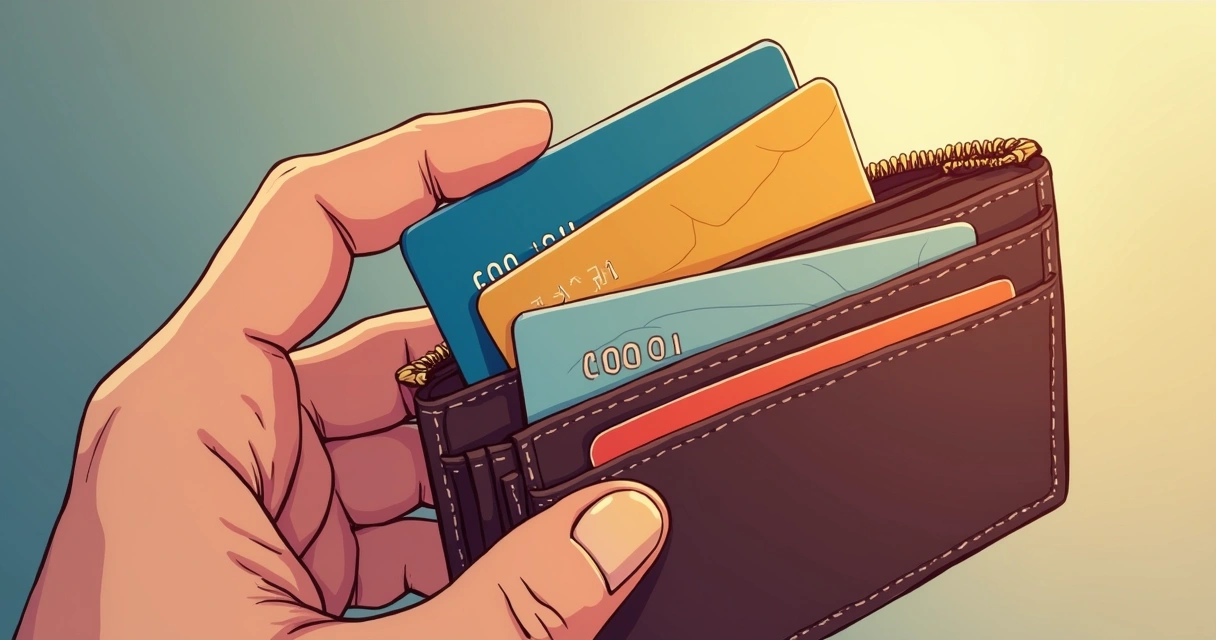
10. review your plans every year—circumstances change
The card you loved last year might not suit you this year. Maybe you travel less. Maybe you want a lower fee. Families grow, jobs shift, needs change.
Every January or on your birthday, look at your card setup. Ask yourself some real questions:
- Am I paying fees for features I never use?
- Could a better cash-back card serve me better?
- Is my limit too high, making it tempting to overspend?
This check-in only takes a few minutes, but the benefits can last months.
Plans that fit your life lead to fewer regrets.
When things go wrong—don’t hide
Missing a payment or going into debt can be stressful. The instinct to ignore it rarely helps. If you fall behind, call your card company. They often help by waiving a fee or setting up a payment plan if you’re honest and proactive.
Even if you only stumble once, taking charge fast can keep things from spiraling. You don’t have to get everything right, just be willing to address mistakes before they grow.
Building your own rules
These ten rules can act as a starting point. As your life changes, some may fall away while others become non-negotiable. The people who make credit cards work for them? They tweak these ideas over time, learning which habits matter most in their own lives.
Small habits make the biggest difference.
The world of credit cards in 2025 will only get faster and more tempting. Having your rules, and knowing when to stick or bend, is the best safety net you can give yourself.
